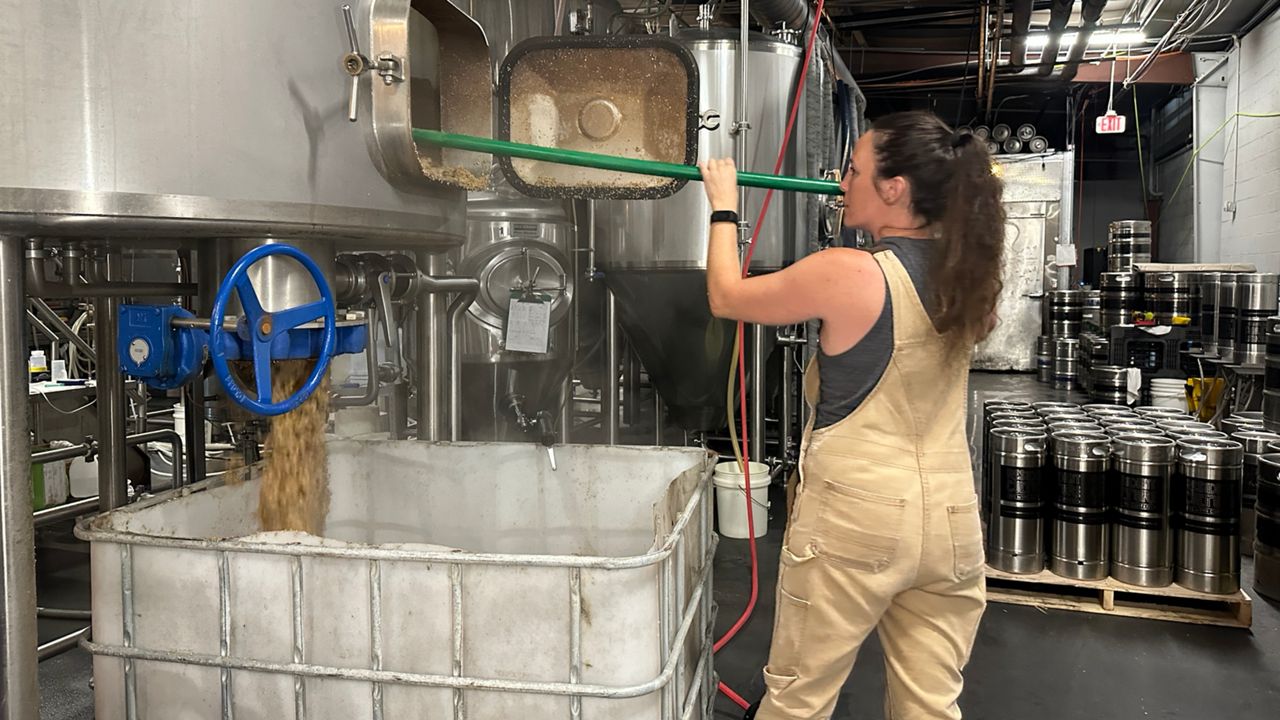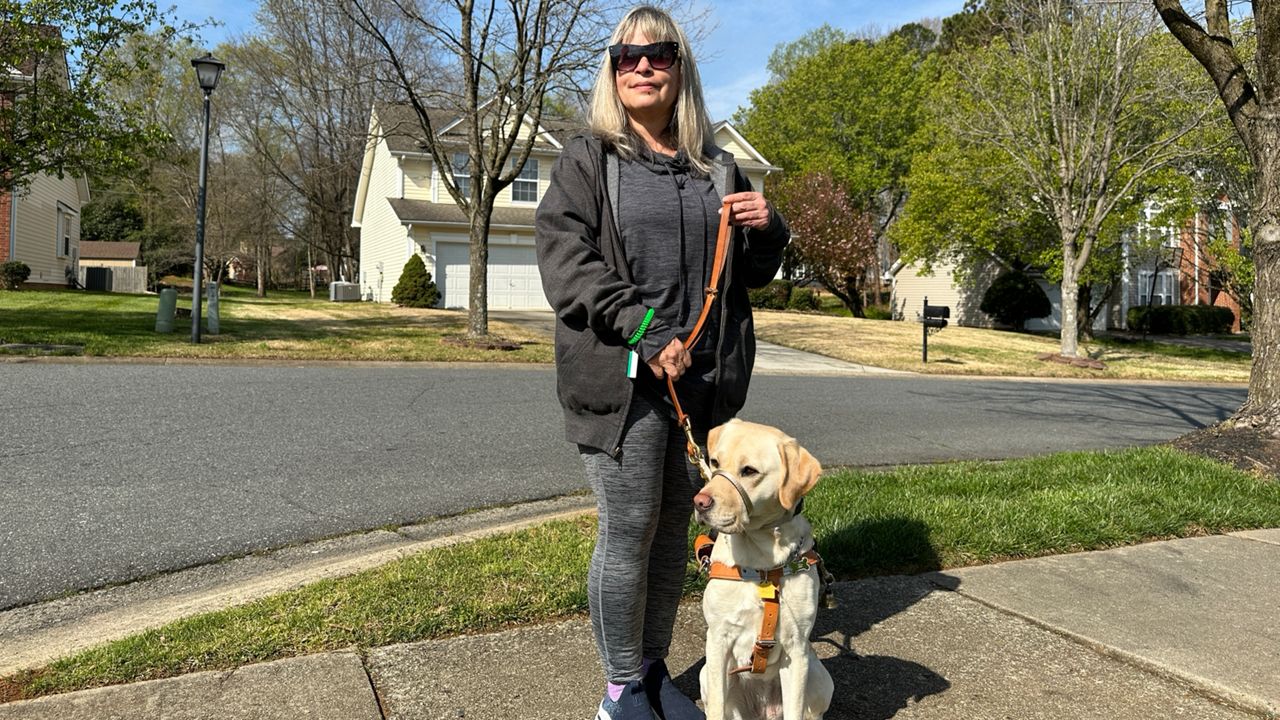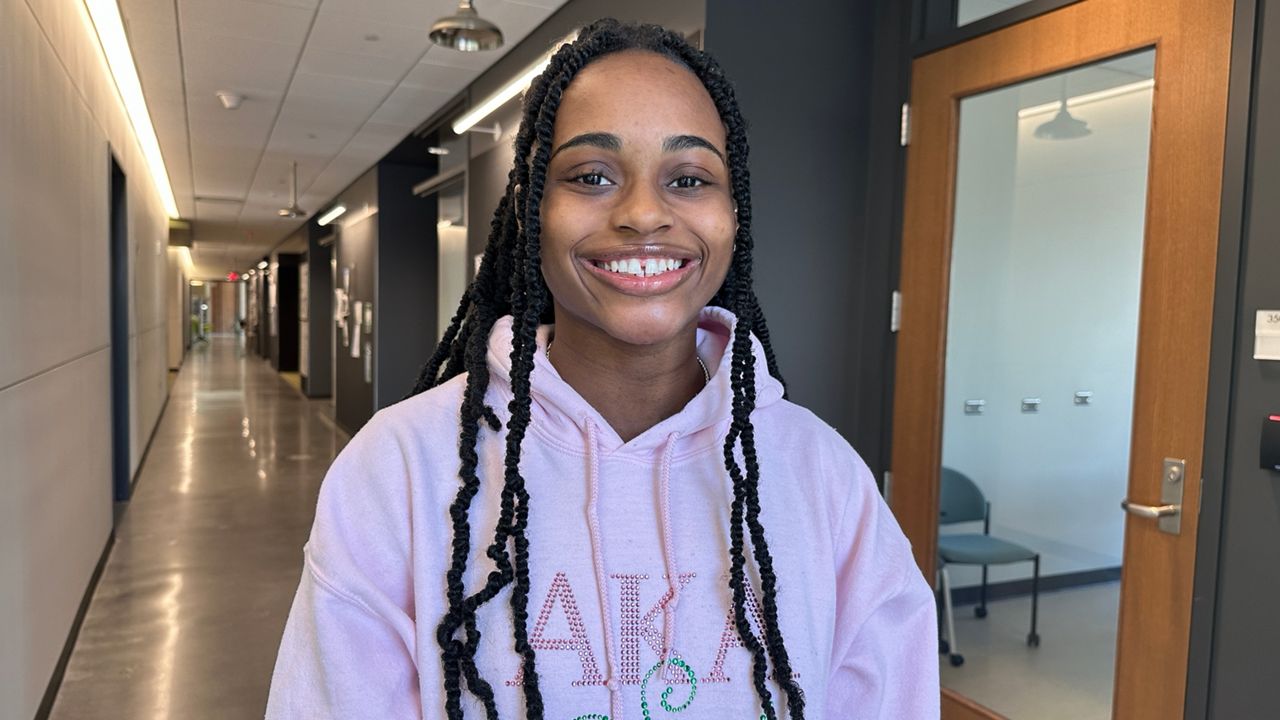CHARLOTTE, N.C. — A life-saving procedure initially left a Charlotte woman with a visible mark and a sense of shame.
In 2017 after complications from Crohn’s disease and ulcerative colitis, Janeca Werts had a surgery that changed the way her body disposes of waste.
“Anything that would have come through the rectum, comes through this pouch,” Werts said.
Werts has an ostomy bag that she usually wears under her clothes.
Initially, the pouch affected her self-esteem.
“It was catastrophic for me. I ended up cutting off my hair. I sold all of my clothes, all of my jewelry because I felt there was no purpose on it anymore,” Werts said. “It was catastrophic for me. I ended up cutting off my hair. I sold all of my clothes, all of my jewelry because I felt there was no purpose on it anymore,” Werts said.
Initially, it made her feel self-conscious.
“Someone is going to see this bag, someone is going to smell this bag. Someone is going to talk about me. My clothes are not going to fit right. I’m no longer an attractive lady,” Werts said.
Actions from others didn’t help either. She said someone sent her an article of a boy with an ostomy who died by suicide after being bullied.
“It wasn’t going to help me. It was telling me, this is where your destiny is,” Werts said.
She created her own destiny by starting a nonprofit called Pouches of Love, which provides free ostomy supplies, therapy and meet-ups.
“Something woke me up one day and said someone can be going through the same thing. Instead of letting them suffer, why not do something for them,” Werts said.
One little thing she said you can do to help people with an ostomy is to be kind.
“I understand you may have had a very arduous journey, but I don’t know much about it. Is there a way for you to explain to me, give me a synopsis?” Werts said.
Werts changes her ostomy bag at least three times a day.
“I wear this every day. Can’t go anywhere without it. Sometimes you can have leaks and things like that,” Werts said.
Despite the challenges, she’s grateful for this pouch.
“I was able to see my son graduate high school. I was able to see my daughter go to middle school and all those things would have not been possible had I not gotten the ostomy when I did,” Werts said.
The United Ostomy Associations of America said up to a million people in the U.S. have ostomies and can continue living active lives after surgery.
According to the nonprofit organization, joining support groups can help manage the ostomy and provide emotional support.








